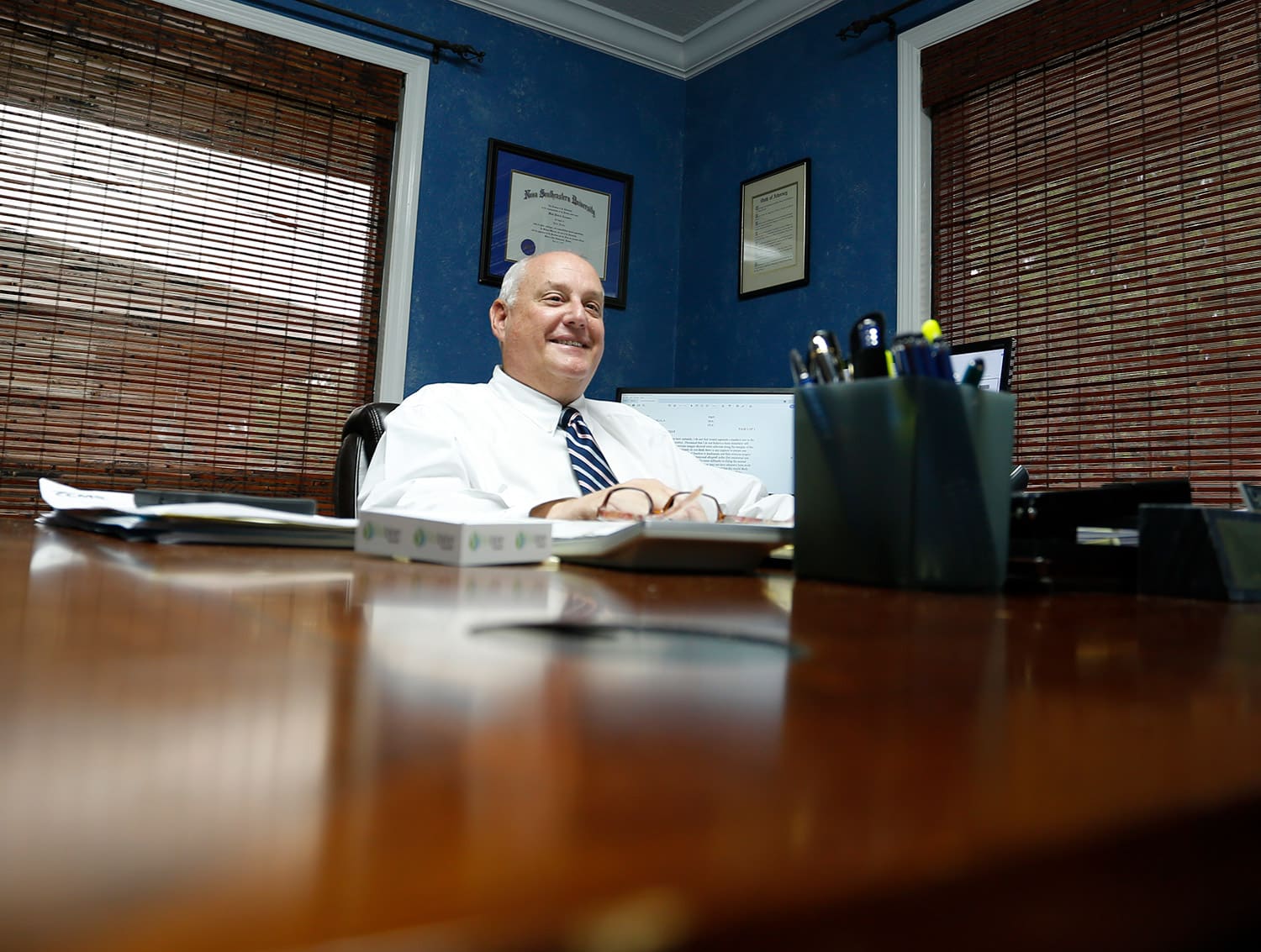Do you know what to do after you are involved in a car accident in Florida? In the chaos after a crash, many people are confused about their next steps. This confusion often leads to serious mistakes that may impact a personal injury lawsuit after an accident. Here are the top do’s and don’ts after being involved in a car accident in Florida.
Do’s
Do: Make the Accident Scene Safe
At the collision scene, make sure everyone is safe and out of harm’s way of moving vehicles and traffic. Florida law requires that accident vehicles be moved if they impede the flow of traffic (F.S. 316.061 et seq.) and only involve damage to the property or vehicles. If someone is hurt in the collision, wait to move your cars until you are directed by law enforcement. If the crash involves property damage, do not move your vehicle until you photograph how it sat after impact to help establish liability (who is at fault).
Do: Seek Medical Attention Immediately
You must go to the doctor within 14 days of the accident to be eligible for Florida’s Personal Injury Protection (“no-fault”) insurance benefits. Failure to seek medical examination within that timeframe will mean your own insurance company will cover your medical or lost wage benefits. Remember that most “soft tissue” injuries do not materialize right away. Instead, it may take a day or two for the trauma of the accident to settle in. Accident victims often feel fine at first but wake up stiff and sore the following day. If you have cuts, bruises, or other visible injuries, immediately document your injuries with photographs.
What type of care should you seek? Go to the emergency room if you have a life-threatening injury, are bleeding, believe you have a broken bone, or are told by paramedics to the hospital. Otherwise, go to the doctor. Going to the emergency room will not make your claim any more credible. In cases where you are not experiencing one of the conditions listed above, going to the emergency room will result in one thing – your PIP benefits being gobbled up by the hospital, emergency room physicians, and emergency room radiology groups.
Do: Contact Your Insurance Company
Call your own insurance company as soon as possible after the accident, even if you are not at fault. As a “no-fault” state, you will need your insurance carrier to open a file to extend your medical and lost wage benefits after a car accident in Florida. Although you should contact your insurance company, you should not admit fault. After calling your insurance company, speak to an experienced car accident attorney as soon as possible.
Do: Get a Driver Exchange of Information Form from Law Enforcement
The driver’s exchange form is a document law enforcement should give everyone who was involved with the accident before leaving the scene. If you have been transported from the accident scene, law enforcement will seek you out to give you the form. Keep this information handy, as it will have the names of the drivers, owners of the cars involved in the collision, and the names of the insurance companies.
Do: Continue to Receive Medical Treatment
If you fail to make doctor’s appointments or follow the doctor’s treatment schedule, insurance companies will use your failure against you when evaluating your claim. If a doctor is not responsive to your injuries, seek care from another physician.
Do: Document Everything
Keep a diary or file with all prescriptions, receipts, and medical records you receive. Keep notes on how the injuries impacted your ability to do everyday tasks such as work, playing sports, or taking care of household responsibilities.
Don’ts
Don’t: Talk to the Other Drivers About the Collision
Do not make statements about the collision to the other driver. Only speak to law enforcement officers on the scene. Your statements to law enforcement are privileged and cannot be used against you later, but your statements to the other driver can be used as an admission against you if the case has to go to court. In addition, never apologize to anyone.
Don’t: Rush to Give a Recorded Statement
Do not give a recorded statement until you have recovered from the shock of the accident, sought medical treatment, and reviewed the accident report in your case. If there are errors in the police report, you should contact an attorney immediately and decline to give a statement. In addition, do not give a statement immediately after the accident to the other insurance company. Recorded statements can damage your case and prevent you from recovering your damages.
If you need to give a statement:
- Do not guess or speculate.
- Do not diminish or lessen your injuries. If you are hurt, tell the adjuster you are hurt.
- If you are going to the doctor, tell them you are going to the doctor.
- If they ask, “How are you?” do not say, “I’m fine.” This will mean you are not injured and were not injured in the accident.
Don’t: Sign Anything From Any Insurance Company (Even Your Own)
Every insurance company sends out medical records releases to accident victims. They use these releases to get medical records from every doctor you have seen, or from every hospital you have gone to in an attempt to diminish or defeat your claim for injuries. They also send out releases when they pay money to “settle” your claim. Do not sign anything until you seek legal counsel. The one exception is that your insurance company is entitled to a release if you make an Uninsured/Underinsured Motorist benefits claim or your PIP carrier pays your medical bills. However, seek legal counsel before signing anything.



